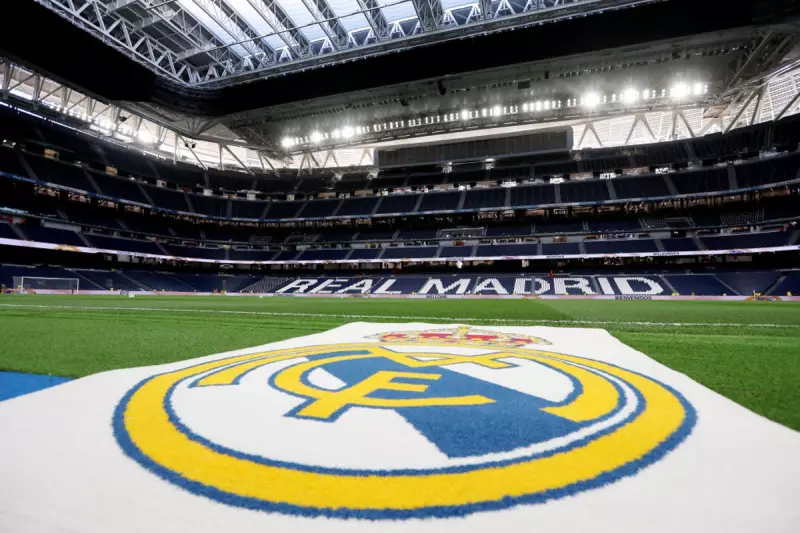
In a stunning legal development that could reshape European football's power structure, Real Madrid has emerged victorious from a crucial courtroom battle against UEFA. The European Court of Justice delivered a decisive blow to football's governing body, declaring their attempts to block the formation of the Super League illegal.
Court Rules UEFA Abused Dominant Position
The Luxembourg-based court found that UEFA and FIFA had violated European Union competition law by threatening sanctions against clubs who dared to join the breakaway competition. The ruling states that football's governing bodies cannot require prior approval for new interclub football projects without transparent, objective, and non-discriminatory criteria.
This represents a monumental shift in the balance of power between clubs and continental football authorities. The court's decision effectively dismantles UEFA's monopoly over organising European club competitions, opening the door for alternative tournaments to emerge.
Real Madrid's Triumphant Response
Florentino Pérez, Real Madrid's president and the driving force behind the Super League project, declared the ruling "a great day for the history of football and for the history of sports." In an official statement, the Spanish giants proclaimed that clubs now "have the right to propose and promote European competitions that modernise our sport."
The club's statement emphasised that teams would no longer be subject to "threats" from monopolistic organisations, framing the decision as a victory for football freedom and innovation.
The Super League's Controversial Resurrection
Despite initial widespread condemnation from fans, governments, and even participating clubs in April 2021, the project never truly died. Real Madrid and Barcelona remained steadfast supporters, with Italian giants Juventus recently withdrawing their support under new leadership.
The new ruling potentially revives the controversial competition, though significant hurdles remain. Public opposition across Europe remains fierce, and convincing top clubs to join what many fans consider a "closed shop" format continues to present challenges for the project's architects.
What Comes Next for European Football?
The immediate consequences of this ruling remain uncertain, but several developments are likely:
- UEFA must revise its authorization rules for new competitions
- Alternative tournament organisers can now operate without fear of sanctions
- The Champions League format faces increased competition
- Legal battles between clubs and governing bodies may intensify
This landmark decision marks one of the most significant moments in European football governance in decades, potentially ushering in an era of competition not just on the pitch, but in the boardrooms that control the sport's future.





